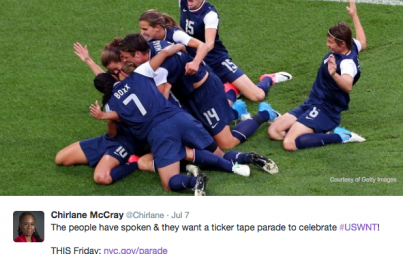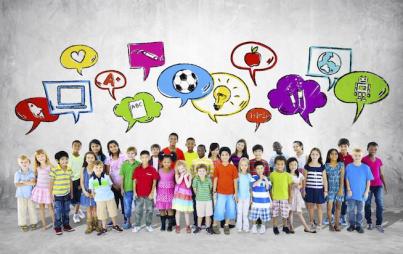
So the U.S. Men’s National Team has made it through the “group of death,” and is set to play the so-far undefeated Belgian team on Tuesday for the World Cup round of 16. The U.S. squad will enter the match after a great deal of blood, sweat and tears, scrambling as the underdogs to make it this far. Hurrah! But Team Belgium has its own poignant story, standing as the apparent primary force currently uniting an otherwise starkly divided nation.
Dutch vs. French
Europe has a real penchant for separatist movements, and Belgium is one shining example. Long divided between the more affluent, Dutch-speaking north (Flanders) and the poorer, French-speaking south (Wallonia), group discontent may be positioning the country closer to a separation than at any other time in recent history.
In Belgium’s recent national elections in May, nearly 2 million Dutch-speakers (out of a country of 11 million) supported separatist parties that want to ditch the French. Sure enough, the anti-Wallonia “New Flemish Alliance” party gained the most votes—although party leaders have yet to create a coalition to govern (Belgium has a knack for soldiering on without a formal government in place).
One Dutch separatist summed up popular sentiment regarding public wealth transfers to Wallonia: "The French part of the country is only taking our money and never giving anything back.” I mean, why parse words, right?
Respite in Soccer
So on the one hand animosity and division is in the air. But on the other, Belgian’s soccer “Red Devils” are serving as a major boost to national pride. Fans of both segments of the country have been gathering by the thousands in public parks to cheer on the dual Dutch-French team in their first major success in years. And across the country, homes, food stands, buses and businesses are displaying the Belgian national flag. One company that makes banners says it has sold 124,000 Belgian flags this year—up from fewer than 2,000 the last time the team qualified for the World Cup in 2002.
"Two weeks ago, the country was full of Flemish flags, and now we've changed our minds and it's full of Belgian flags," said one Dutch observer.
French Appeasement
On the other end of the political spectrum, Acting Prime Minister Elio Di Rupo—a Francophone socialist who heads the outgoing governing coalition—has embraced the World Cup in his efforts at appeasement.
He recently hosted a high-profile party for about 90 teenagers to watch Belgium play Russia at his official state residence in Brussels, and did his best to cater to both sides. The first half of the match was broadcast with Dutch commentary, the second with French; and when Di Rupo posed for photographs, his advisers coached him to flip between the two sides of his fan scarf—alternately displaying the French Diables Rouges and the Dutch Rode Duivels. Quite the juggling act.
After Belgium emerged victorious, 1-0, Di Rupo told the media that the games help “the ambience of the country. It lifts the mood of the people."
It looks like the team will continue to have some heavy mood-lifting to do in the rest of the tournament if serious national healing is to occur. But more likely, after the tournament, it will be back to separatist business as usual.
Image: ThinkStock






